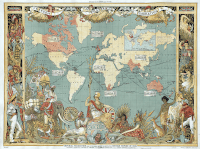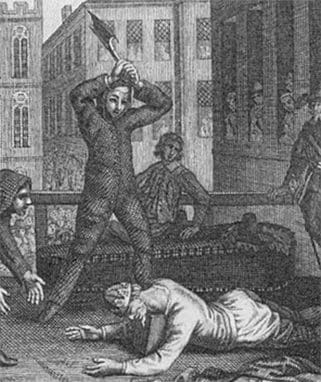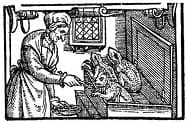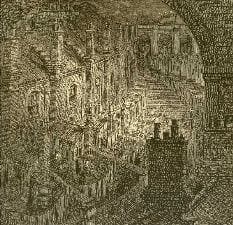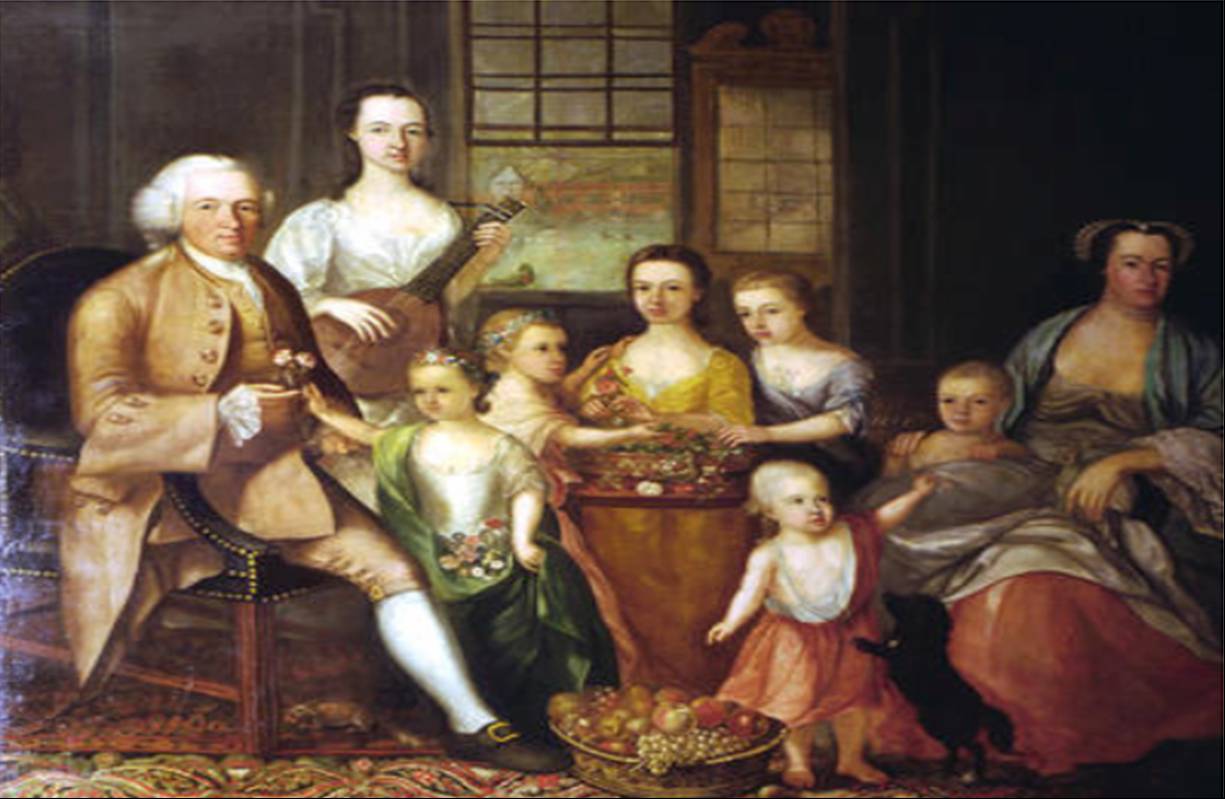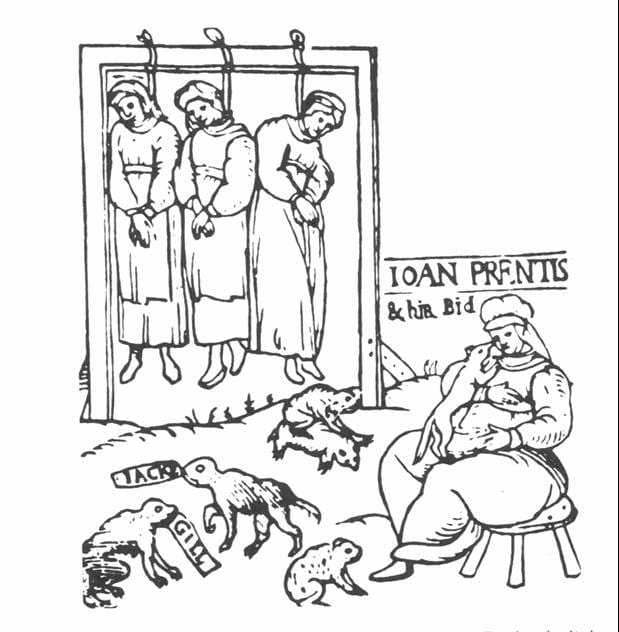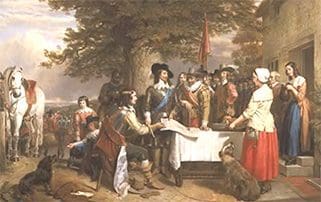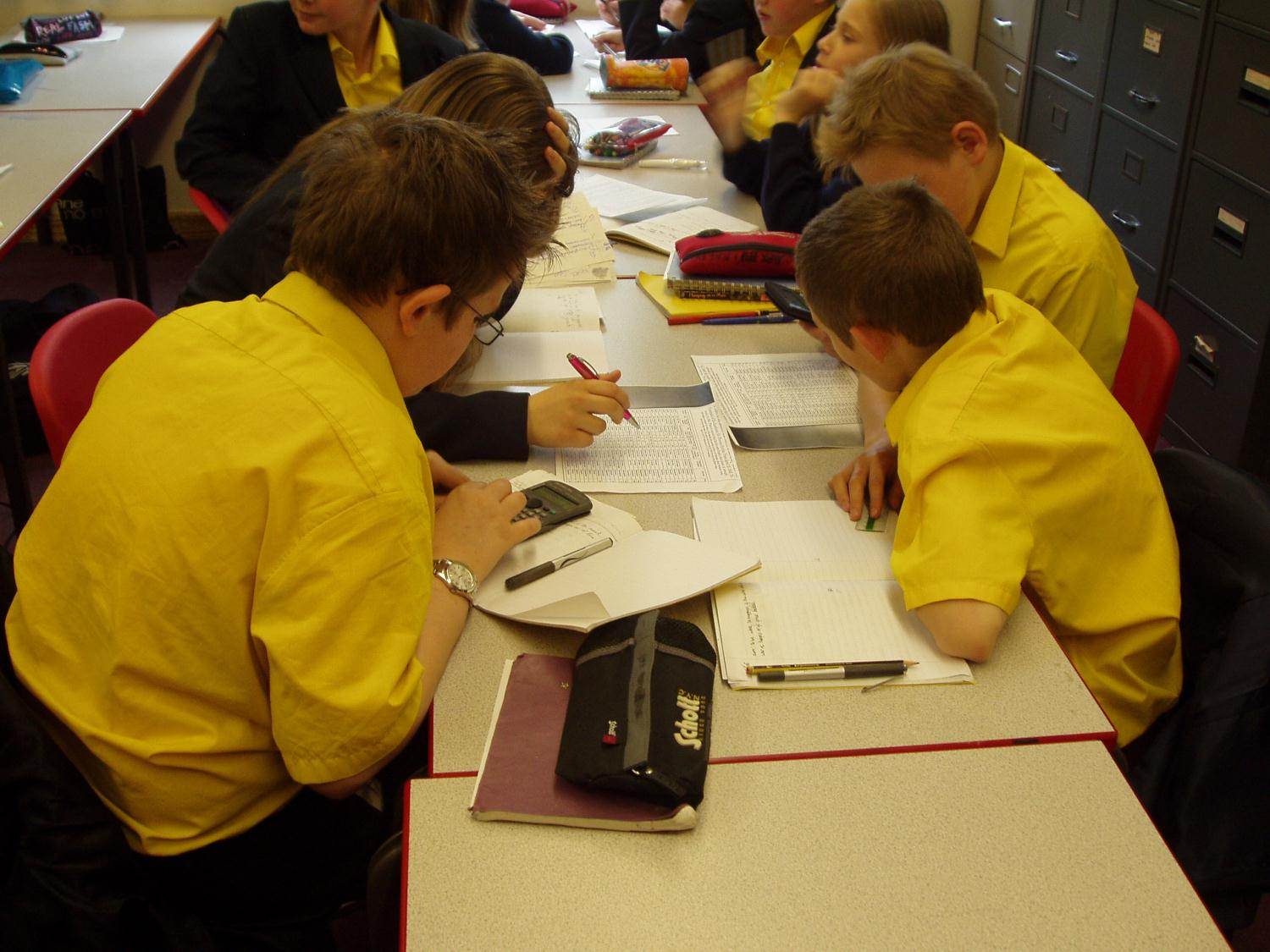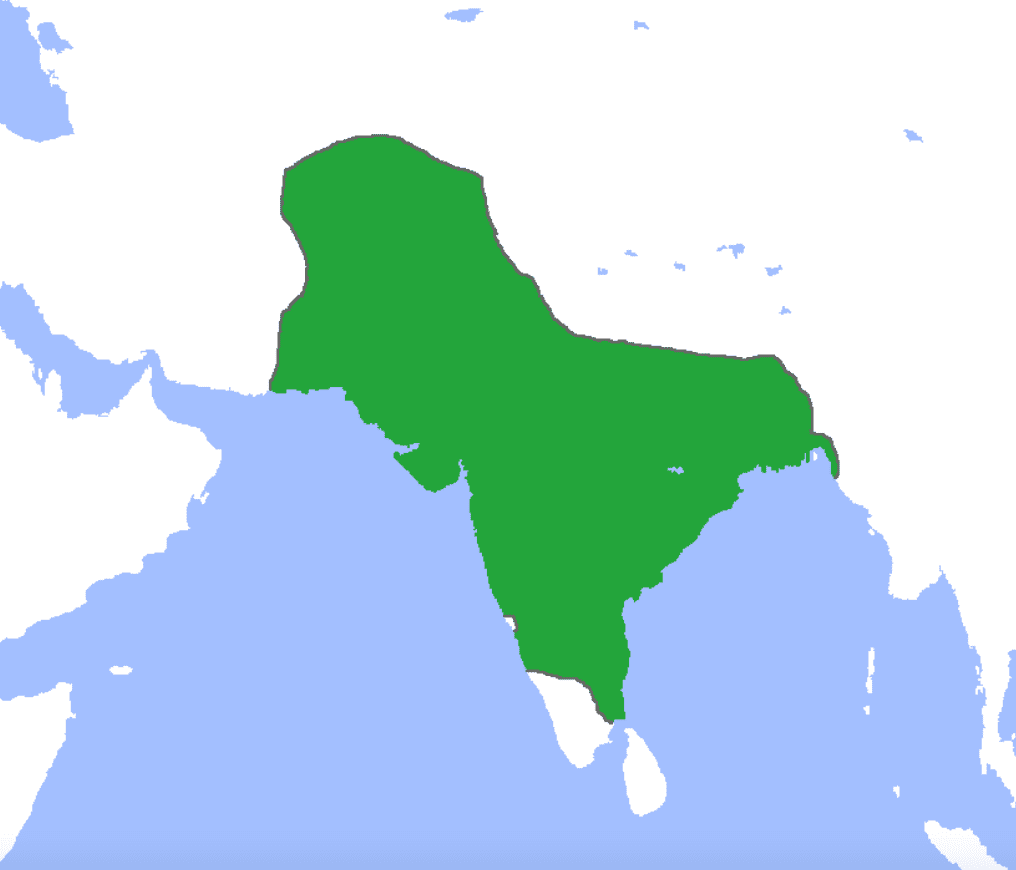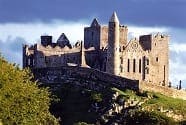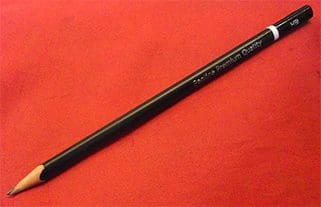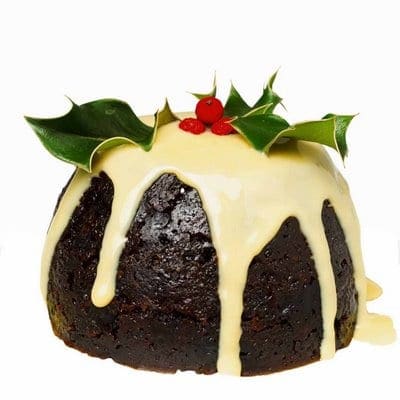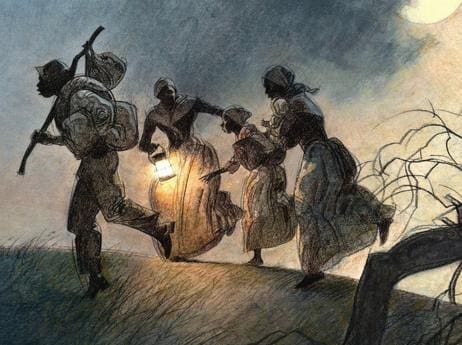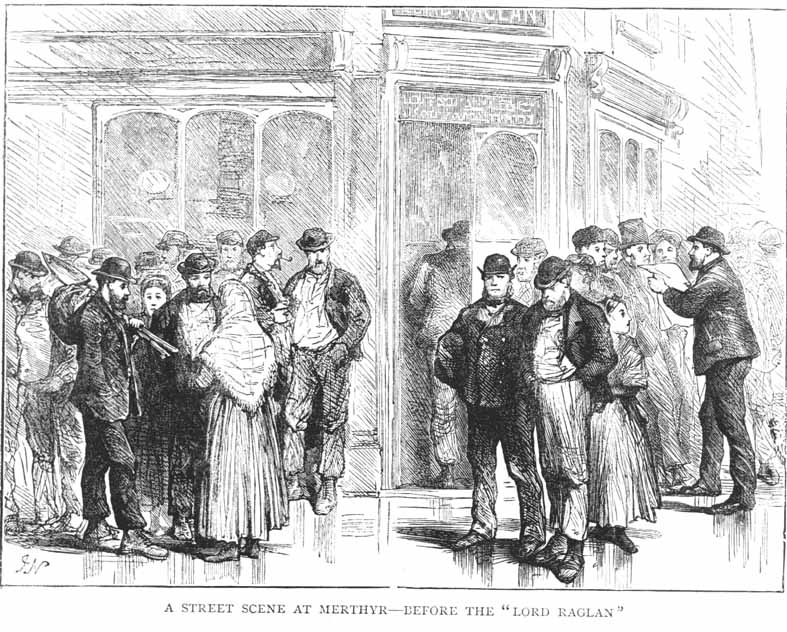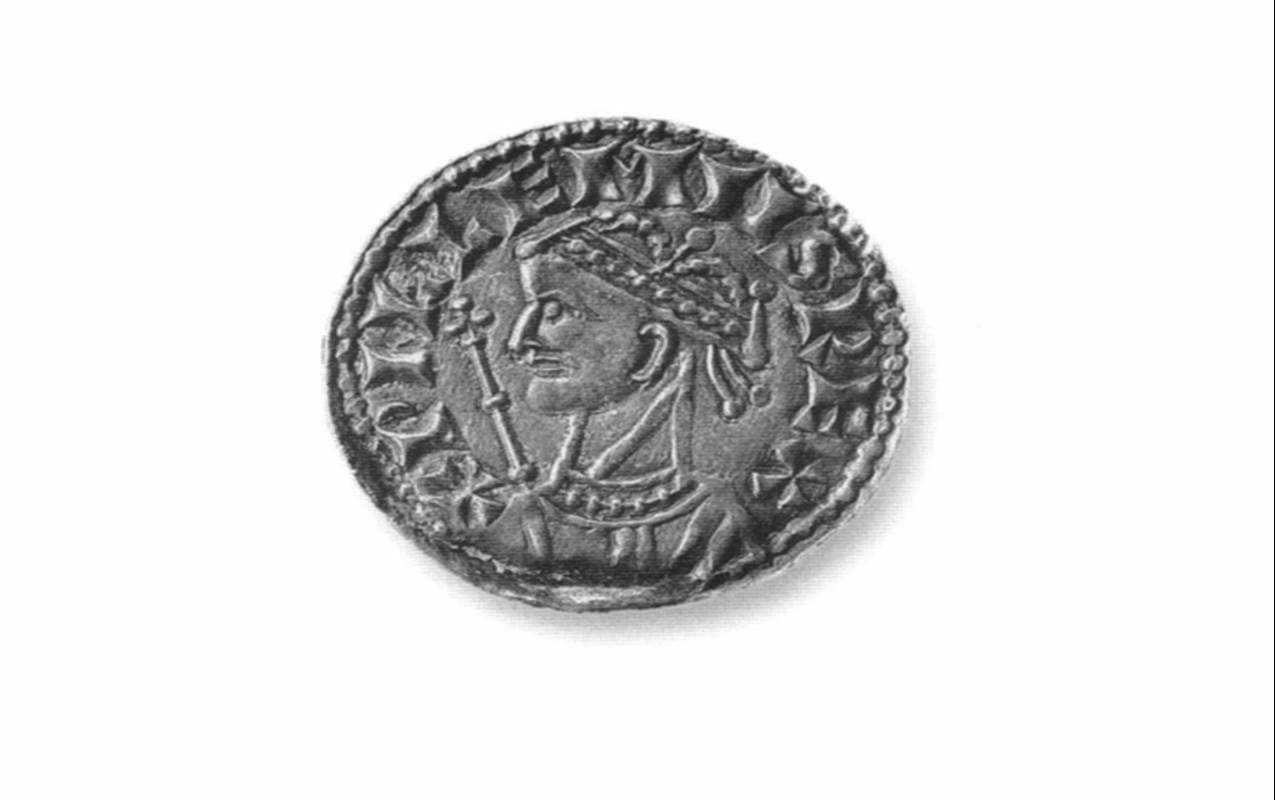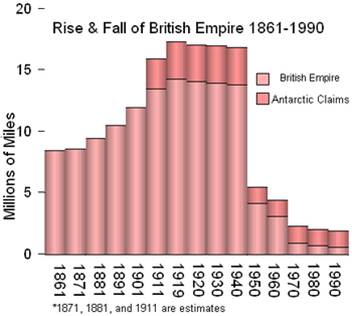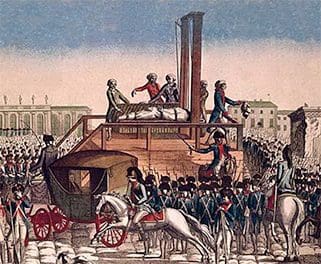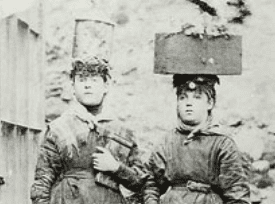Teaching Year 8 History
British Empire – How can we infer so much about the empire from a study of just one map and the person who created it?
This session starts by looking at the information to be gleaned from a well-known 1886 map of the empire and …
Read MoreThe execution of Charles I – advising a film director: a study in source analysis and evaluation
This lesson uses a set of 4 contemporary images and a secondary narrative account to examine how the author seems…
Read MoreSo you think your pupils know about Witchcraft in early modern Britain.
1. Were witches burned in English-speaking countries? A. No, they were hanged not burned, because witchcraft was a felony. This…
Read MoreDid London really look like this in 1870? Your chance to test the evidence
Pupils are shown an engraving produced by Gustav Dore in 1872. It is the one you often find in KS3…
Read MorePuzzle corner 3: the strange case of the missing slave
Pupils will find that this example of a black slave, painted out of an eighteenth century painting of a tobacco…
Read MoreWhy were so many witches hanged in the 16th and 17th centuries?
Can we beat the textbook explanation? The inspiration for this lesson came from the talented history department at Court Moor…
Read MoreWhy did sons kill fathers in the English Civil War? The Verneys enquiry
Pupils in this Year 8 class had already looked at background causes of the English Civil War and had a…
Read MoreDid the Great Fire really end the Great Plague of 1665?
In this one-lesson enquiry pupils look carefully at statistics and maps in order to challenge received opinion. To do so…
Read MoreEnglish Civil War enquiry: was the last year of the war more about sieges than pitched battles?
This enquiry lesson asks students to use a dataset about the last year’s fighting in the English Civil War to…
Read MoreWhy study the Mughal Empire at Key Stage 3?
Reasons for studying this period above the other tempting options are: The Mughal Empire was the greatest of the Muslim…
Read MoreCromwell a reputation deserved. KS3 Smart Task
This short task focuses on an entry from a website used by lots of people today, mainly in Ireland, to…
Read MoreEarly Modern Britain 1500-1750 Smart Task: Editor’s Pencil
A quick overview activity in which pupils have to spot and correct 20 deliberate mistakes. Pupils are given an activity with…
Read MoreWhat can we learn about the Empire from a Christmas pudding?
This lesson starts with a simple fun activity, working competitively in teams to locate the source of ingredients for an…
Read MoreWhat made runaway slaves successful?
This short enquiry enables pupils to come up with their own ideas about runaway slaves working from first hand evidence…
Read MoreIf life was so hard in Victorian cities, why did Wilf move his family there?
If life was so hard for families in the towns why did so many leave the countryside and move to…
Read MoreSmart Tasks – Minted: Telling the story of changing British rulers by exploring 10 significant coins
If you are looking for an interesting way of offering pupils overviews or of looking at the concept of significance,…
Read MoreWhat can we learn about the slave trade from just one poem?
This lesson uses a very simple source to help pupils to get a feel for some of the issues they…
Read MoreSmart Task: End of Empire: Why did it all end so quickly?
This SMART task ask pupils to classify a number of different smaller reasons why The Empire declined and fell, under…
Read MoreExecution of Louis XVI
Enquiry question: When the French Revolution started in 1789, few wanted the death of the king or the end of…
Read MorePuzzle Corner 2: Analysing Victorian photographs: the puzzle of the Tredegar patch girls.
Beguilingly simple, but actually quite thought-provoking, this short smart task teaches pupils not to take things at face value –…
Read More

